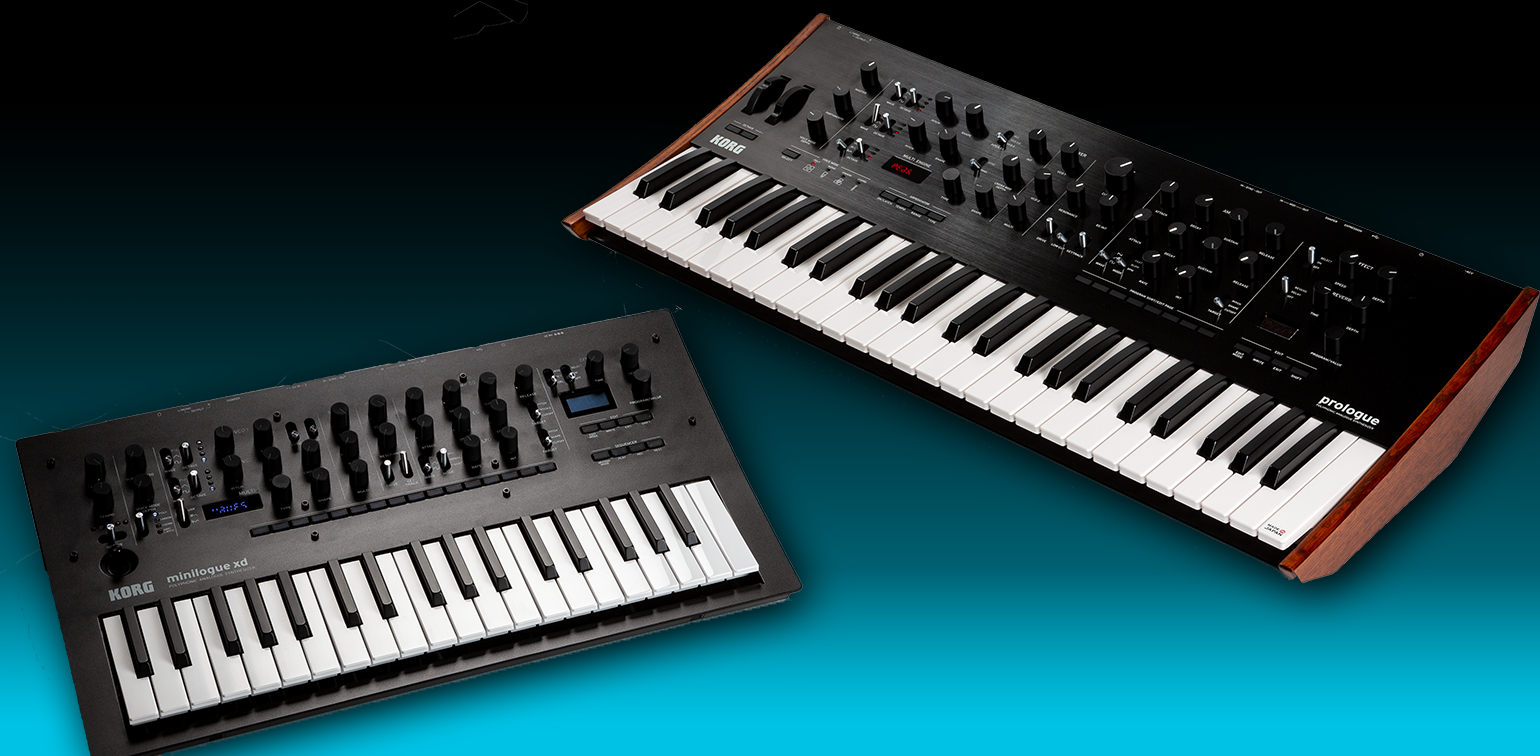
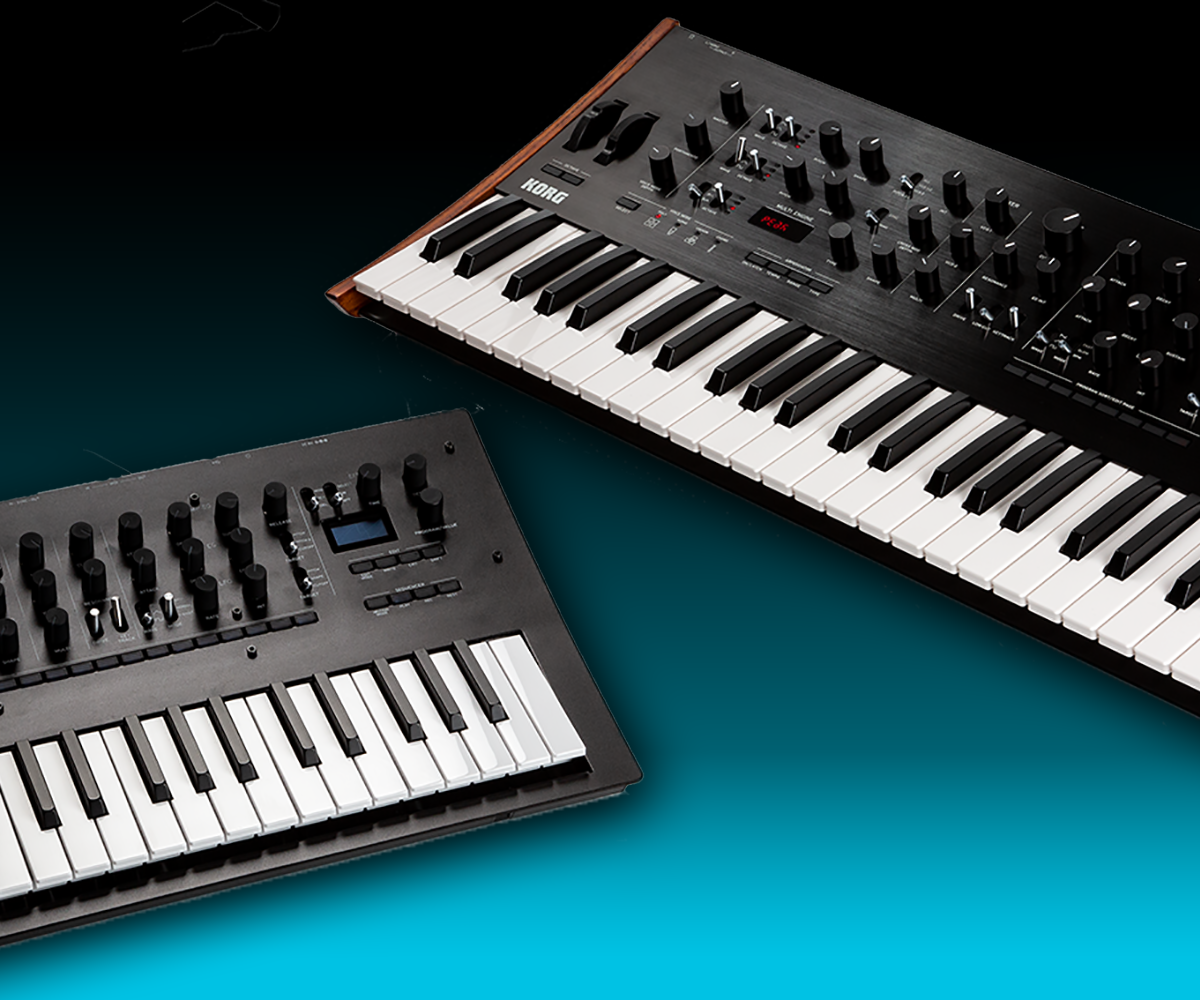
SoundCloud
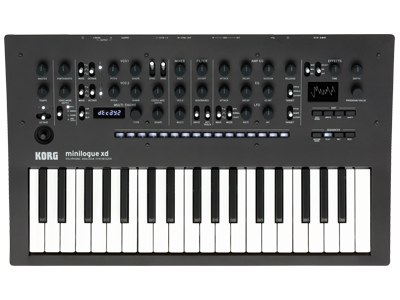
minilogue xd
POLYPHONIC ANALOGUE SYNTHESIZER
Support for Your Purchase
Support
Learn More
Related Sites
Related Products
 prologue
prologue minilogue
minilogue monologue
monologue- ARP ODYSSEY
- ARP ODYSSEY FS
- ARP ODYSSEY FSQ
- ARP ODYSSEY Module
- volca keys
- volca bass
- volca beats
- volca sample
- volca fm
- volca kick
- volca mix
- volca modular
- volca drum
- SQ-1
- minilogue xd module
- NTS-1 digital kit
- minilogue xd PW
- wavestate
- miniKORG 700FS
- Drumlogue
- Minilogue Bass
Related Accessories
News
- 2020.03.10
- Updates - minilogue xd / xd module / xd PW System Updater v2.10 is now available!
- 2019.11.08
- Updates - minilogue xd System Updater v2.00 and Sound Librarian v1.0.5 are now available! (November 29, 2019 updated)
- 2019.06.28
- Updates - minilogue xd System Updater v1.11 is now available!
- 2019.05.24
- Updates - minilogue xd System Updater v1.10 with the Poly Chain function added is now available!
- 2019.05.09
- KORG Software Bundle: Expansion of bundled products and extension of the free trial period for Skoove premium plan.
logue SDK
minilogue xd and prologue share an open development API (Application Programming Interface) that allows users to extend the possibilities of the hardware via an SDK (Software Development Kit) and dedicated development tools. Via this SDK custom digital oscillators can be created for the MULTI ENGINE, and custom modulation effects can be added to the existing modulation effects. Users can then load these new custom oscillators and modulation effects into their prologue via the prologue Librarian application (Mac and Win).
Important:
* The SDK code, tools and documentation are now available on GitHub
Click here to download the logue SDK
* To manage the sound programs, User Oscillators and Effects in your minilogue xd you will need the minilogue xd’s Librarian application.
* The Librarian, as well as Custom Content for the minilogue xd, when available, will be featured here:
Click here to go to the minilogue xd Librarian&Custom Content page
User Oscillators
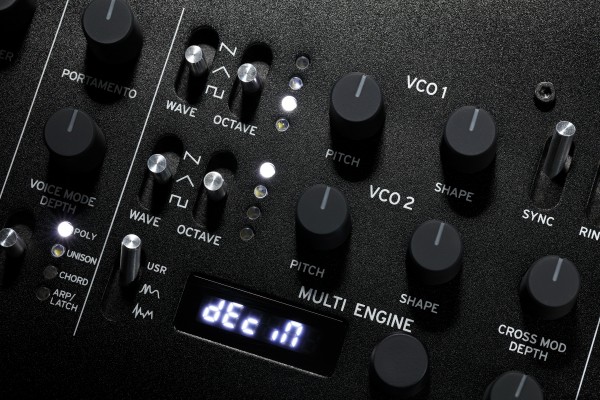
minilogue xd’s MULTI ENGINE section has 16 user slots to accommodate custom oscillators. Once loaded via the minilogue xd Librarian application these custom digital oscillators coexist alongside the VCOs of each voice, play with the same polyphony, and are processed through the same analog signal path.
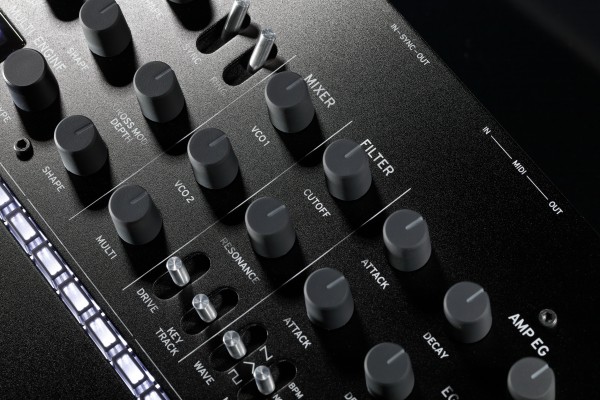
The shape knob can be used to control parameters of the custom oscillators and up to 6 other parameters can be exposed via the program edit menu.
User Effects
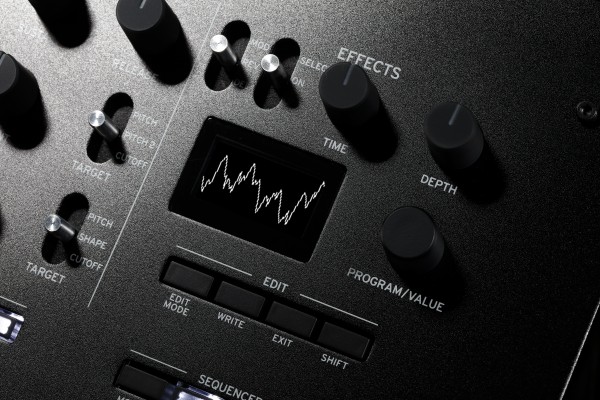
minilogue xd’s effects section also has 16 user slots to accommodate custom modulation effects, 8 user slots for Reverb effects and 8 slots for Delay effects. Once loaded via the prologue Librarian application these custom effects will appear alongside the existing modulation effects.
The speed and depth knobs can be used to control parameters of these custom modulation effects.
Obtaining custom oscillators/effects
Custom oscillators/effects created by, or in collaboration with, KORG are featured on the Librarian&Custom Content page. 3rd party developers are free to distribute their custom oscillators/effects through alternative channels such as community websites, forums, GitHub etc and in some cases featured here.
Loading custom oscillators/effects
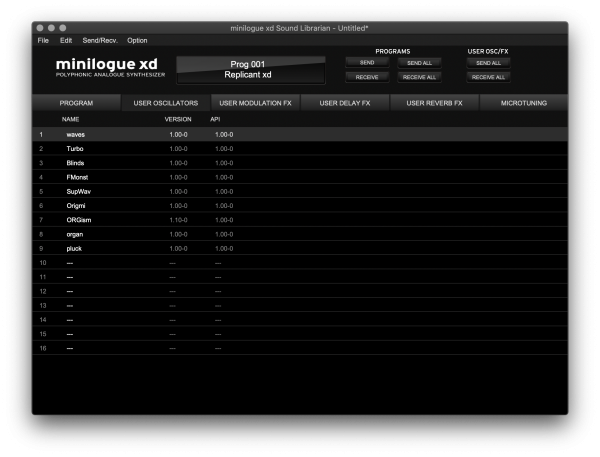
In addition to the usual program management functionalities, the librarian application can be used to load and remove custom oscillators and effects via USB MIDI. The Librarian is a user-friendly software that allows you to manage the sound programs, the custom oscillators and effects on the minilogue xd (coming late January).
Click here to go to the minilogue xd Librarian page
Will there be a patch editor to customize internal parameters of the on-board effects?
There are no editors planned for customization of on-board effects.
Will the librarian be implemented as a VST/AU plug-in to facilitate automation of minilogue xd and storage of patches with DAW projects via Snapshots?
No, not for this version of the Librarian.
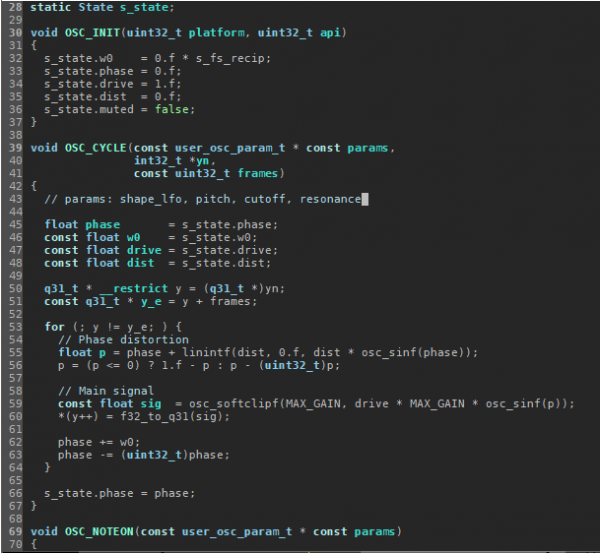
The logue SDK provides a set of code libraries and tools to allow the creation of custom oscillators and effects.
For more detailed information, please subscribe to the logue SDK mailing list you can find below.
FAQ
Can I use the SDK Custom Content from prologue on minilogue xd (and vice versa)?
Check with the content creator to see if a minilogue xd specific version is available. If not, the prologue version can be used directly.
Do I need programming experience to create my own content?
Yes. Please note that as opposed to the prologue Librarian application that will be released in June, the Developer kit is a standard development kit meant for programmers, and not a neophyte-friendly high-level editor. We expect that oscillators and effects will be programmed and distributed by pro and hobbyist software developers. It will be an open development kit aimed at experienced users so we will not be offering technical support beyond the provided documentation.
What programming language can I use?
Custom oscillators and effects can be written in C, with support for a subset of C++. What limitations are imposed in terms of available RAM? (it would have to be reasonably finite). For oscillators, both code and variables must fit in 32KB of RAM. Custom effects will have additional RAM for delay lines, up to 2MB.
For the multi-engine, will the LFO be able to modulate its parameters?
The LFO can modulate the shape parameter of the multi-engine. Custom oscillators will be able to take advantage of this.
How many editable internal parameters can a custom oscillator have?
Parameters for custom oscillators are limited to 6. This is a deliberate limitation to keep custom oscillators straightforward and simple.





